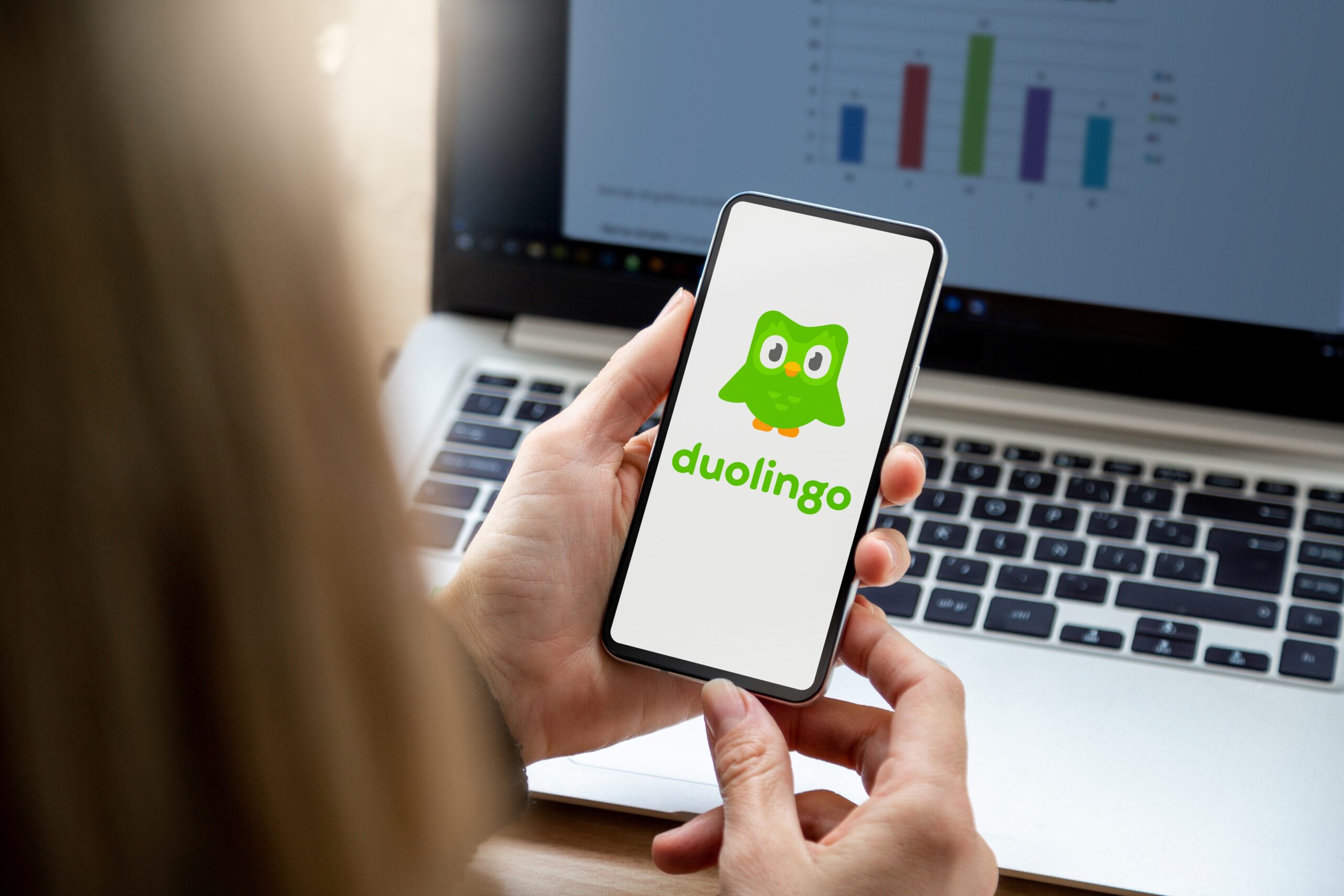
Duolingo, the popular language-learning platform, has announced its transition to an “AI-First” strategy, aiming to integrate artificial intelligence into more aspects of its workflow. CEO Luis von Ahn shared the shift in a memo to employees, explaining that AI will gradually take over tasks currently handled by contract workers, which will ultimately lead to the reduction of the company’s reliance on external labor.
“AI is already changing how work gets done,” von Ahn wrote in his memo, shared on the company’s LinkedIn page. “When there’s a shift this big, the worst thing you can do is wait.” The company’s strategy mirrors how Duolingo embraced mobile technology in 2012, opting for a mobile-first approach when many others were focused on companion apps for websites. Von Ahn compares this move to that era, stating that AI is the next big platform shift.
Duolingo’s decision to adopt AI on such a large scale comes after the company laid off nearly 10% of its contractors in 2022, following the use of AI for translation tasks. By integrating AI even further, Duolingo plans to phase out contractors for tasks that AI can handle, including processes like hiring and performance reviews. Von Ahn emphasized that headcount decisions will depend on whether teams can automate their work through AI.
Duolingo’s bold approach highlights the rapid pace of technological adoption. “Being AI-first means we will need to rethink much of how we work. Making minor tweaks to systems designed for humans won’t get us there,” von Ahn said. The company intends to move quickly, taking small quality hits when necessary, rather than risk missing out on the potential benefits AI brings.
AI’s Growing Influence on the Job Market
Duolingo’s strategy comes at a time when the adoption of AI across various industries is rapidly increasing. While the shift may boost efficiency and innovation, it also raises concerns about job displacement. Duolingo’s decision follows a broader trend in the tech industry, where companies like Mechanize, founded by AI researcher Tamay Besiroglu, are working on automating entire job sectors.
As AI becomes more integrated into the workforce, sectors that rely on manual labor or routine tasks are expected to see significant changes. While Duolingo’s move may make business sense, it also signals a growing pressure on workers and industries to adapt to a more automated future.
What The Author Thinks
While Duolingo’s AI-first strategy might seem like a step towards innovation, it’s also a reminder of the growing divide between automation and job security. Relying heavily on AI could push companies to streamline operations, but it also risks exacerbating unemployment and inequality. There needs to be a better balance between automation and maintaining human workforce value in industries such as education and customer service.
Featured image credit: GradRight
Follow us for more breaking news on DMR
